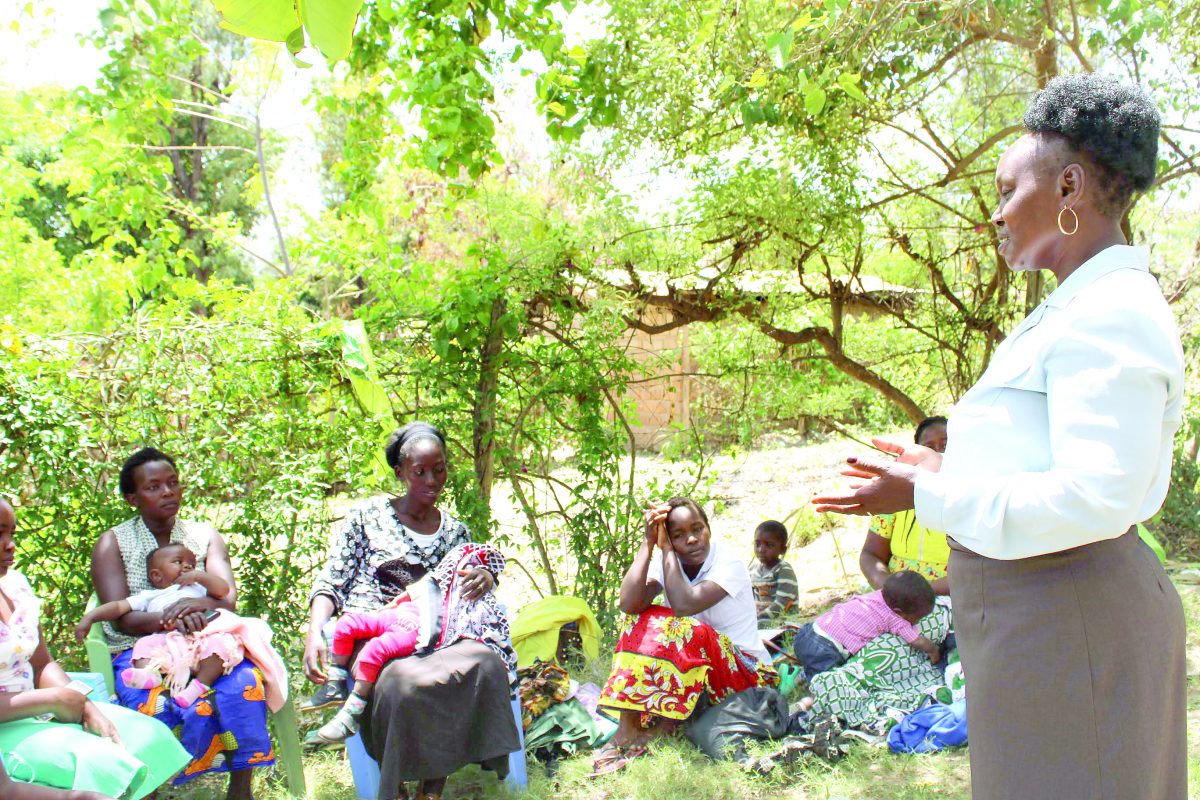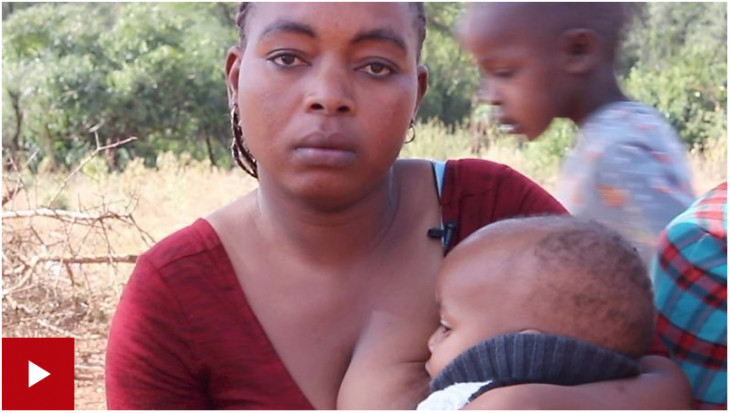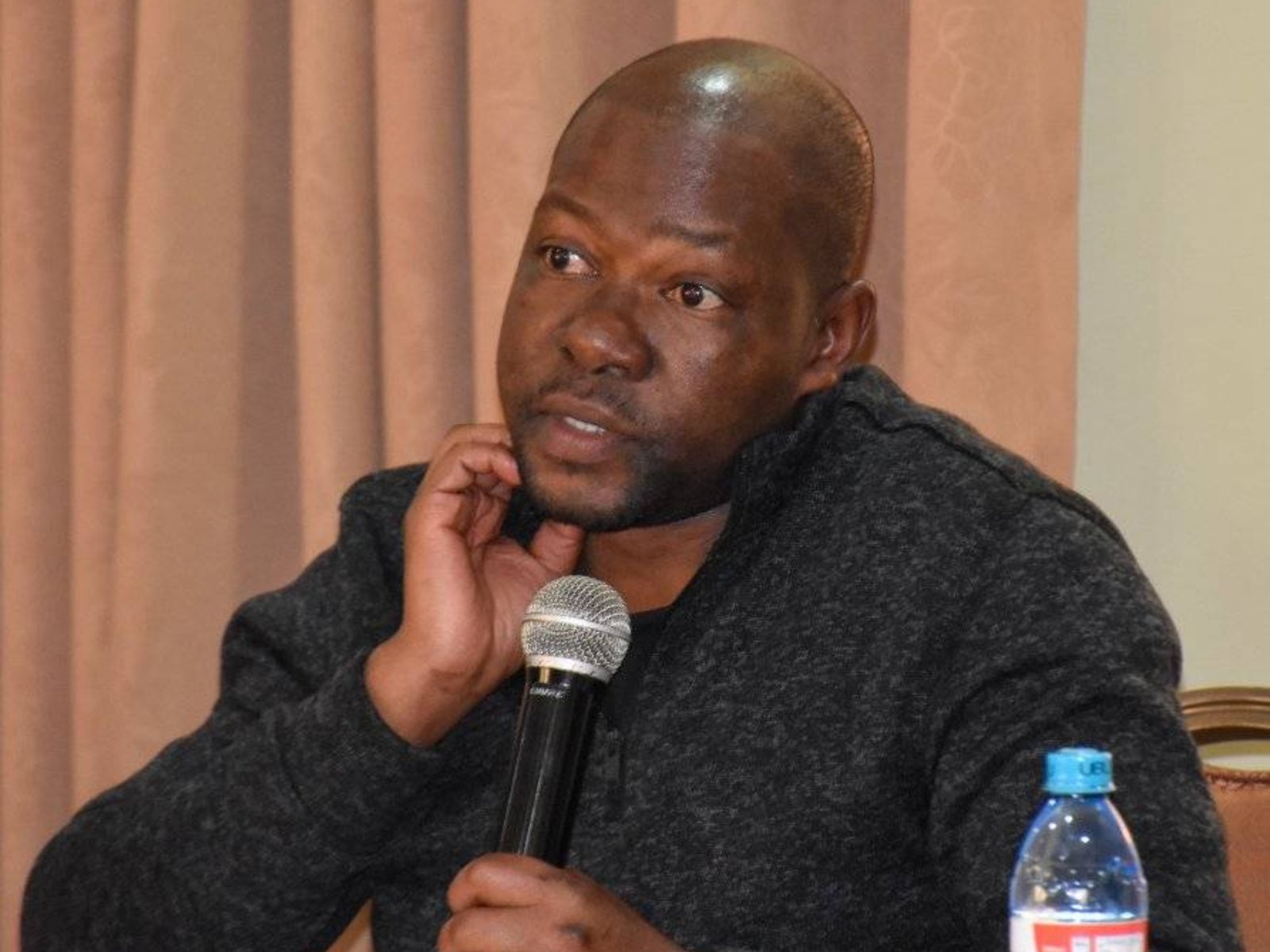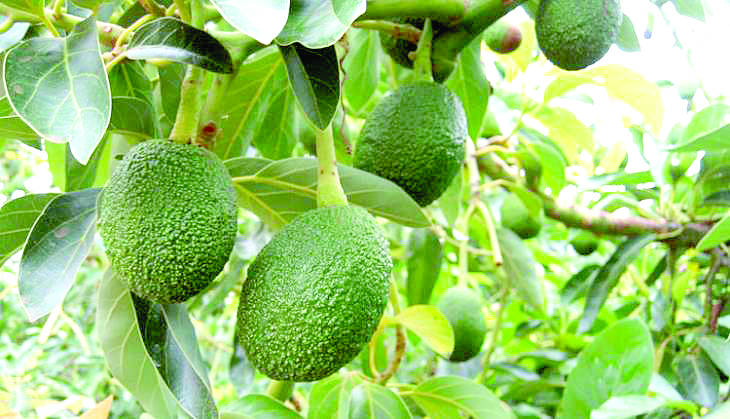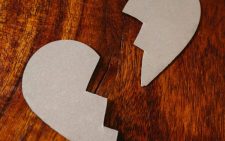Daily cost of treating Covid stands at Sh21,000
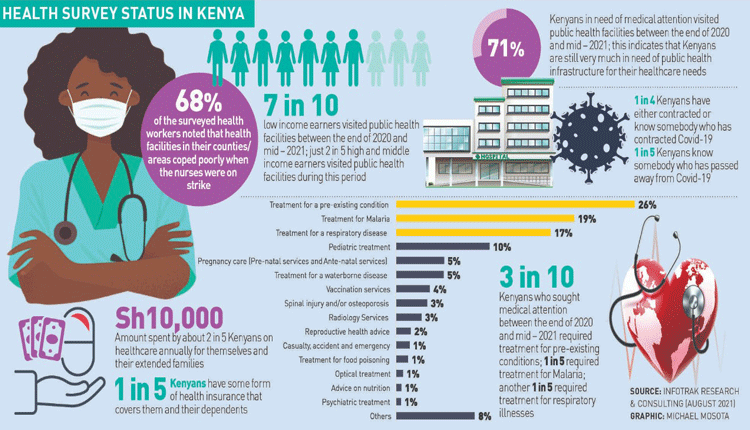
The cost of treating Covid-19 disease stands at Sh21,000 per day, way beyond reach amongst a majority of Kenyans, a new Infotrak survey has shown.
According to the report, about two in five of Kenyans who have contracted Covid-19, sought help from relatives and friends to pay for the cost of treatment, while one in five used their savings to pay for the treatment.
Infotrak Public Policy and Governance Research Manager- Walter Nyabundi, who presented the findings of the report also said that about one in five Kenyans have recently assisted somebody close to them to offset a medical bill for Covid-19 treatment.
“Some four in five Kenyans noted that the Covid-19 pandemic has extremely affected the cost of healthcare in the country,” said the report.
The government financial estimate indicate that management costs in hospitals range from Sh21,359 per day per asymptomatic patients, Sh21,361 per day for patients with mild symptoms, Sh24,705 for patients with severe disease and 51,684 for critical Covid-19 patients in Intensive Care Unit (ICU).
According to government data, the per patient health system costs for Covid-19 case management are driven by Personal Protective Equipment(PPE) costs, which accounts for approximately 65 per cent of total costs.
On the other hand, home based care for asymptomatic and mild Covid-19 patients is said to be nine times cheaper to the health system compared to institutional care.
Institutional care is driven by PPE, accommodation, overhead and staff costs.
The National Treasury set aside Sh14.3 billion to facilitate the roll-out of Covid-19 vaccines in its 2021/22 budget in addition to the Sh7.6 billion appropriated in the 2021/21 budget.
The Infotrak report has also shown that 39 per cent of Kenyans who have contracted Covid-19 sought financial help from relatives and friends, 24 per cent used their savings while eight per cent sold family property, opted not to seek treatment and costs were catered by national or county government, respectively.
Another 5 per cent either got a loan from a financial institution or costs were catered for by National Hospital Insurance Fund (NHIF) or private insurance.
Almost half, 47 per cent, of high income earners estimated to earn above Sh120,000 have recently assisted somebody close to them to offset a medical bill for Covid-19 treatment.
Another 25 per cent of middle income group, which ranged between Sh23,671 and Sh119,999 said they had made contributions for treatment while 14 per cent of those earning below Sh23,670 said they have contributed.
The findingsalso indicate that at least 40 per cent of Kenyans have made a personal cash donation, 35 per cent said they have taken part in a harambee, 13 per cent said they have been part of WhatsApp group collections while 10 per cent said M-Changa.
At least 93 per cent, or four in five of the respondents said the pandemic has extremely affected the cost of healthcare in the country.
The survey also showed that one in four or 25 per cent of Kenyans have either contracted or know somebody who has contracted Covid-19.
Similarly, about one in five Kenyans or 24 per cent know somebody who has passed away from Covid-19 while 76 per cent do not know.
Financial estimate
Despite the ongoing Covid-19 pandemic, Nyabundi said the public health disease burden is very much on pre-existing or chronic health conditions, malaria and respiratory illnesses
According to the survey, there is a feeling that the nationwide Covid-19 infection rate is increasing and, notably, there is wide support for the revised measures issued at the beginning of May to contain the spread of the pandemic.
The survey also established that about two in five or 44 per cent of Kenyans are of the opinion that the nationwide Covid-19 infection rate is increasing.
Another 31 per cent said the infection is decreasing, 14 per cent said it is neither increasing nor decreasing while 11 per cent do not know.
There is wide support for the revised measures to contain the Covid-19 pandemic especially on operating of eateries and bars (68 per cent) and retention of the nationwide curfew (63 per cent).
